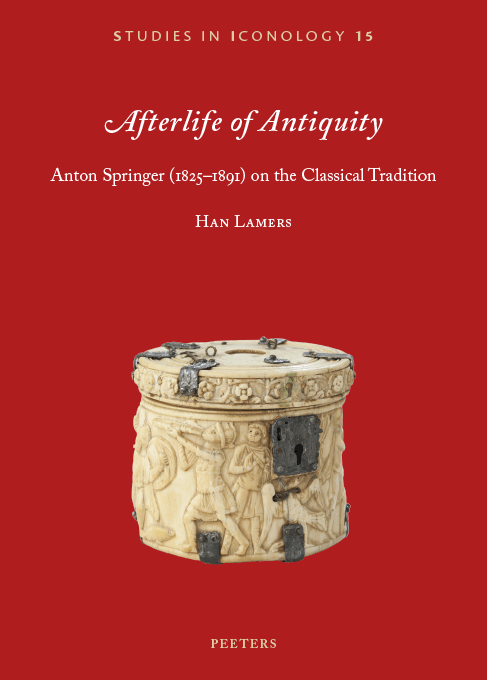This essay deals with the early history of the notion of an ‘afterlife of antiquity’ as a metaphor for thinking about antiquity’s continued presence in later periods. Nachleben der Antike is often associated with Aby Warburg and Renaissance art but was first applied to the classical tradition of the Middle Ages by the Czech-German historian Anton Heinrich Springer (1825-1891). His provocative essay on the subject, first published in 1862, is a very early attempt to emancipate the classical tradition from strait-laced classicism and to see it as a historical problem. Springer’s approach anticipated some important later trends in understanding antiquity’s continued presence and significance. Afterlife of Antiquity returns something of the original resonance to Springer’s idea and sheds light on its significance in the history of scholarship. Recognizing some of the theoretical tensions inherent in Springer’s discussion, the current work examines how the notion of an afterlife of antiquity was embedded in the author’s wider interest in artistic tradition and how he used it as a polemical concept targeting both anti-classicizing Romanticist and traditional humanist views of medieval culture. This issue of Studies in Iconology also includes the first English translation of Springer’s Das Nachleben der Antike im Mittelalter, a largely forgotten classic of humanities scholarship, read and admired by Aby Warburg and Erwin Panofsky.

books & series
e-books
journals
eCSCO

 English
English
 add to cart
add to cart
